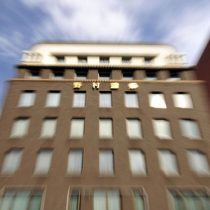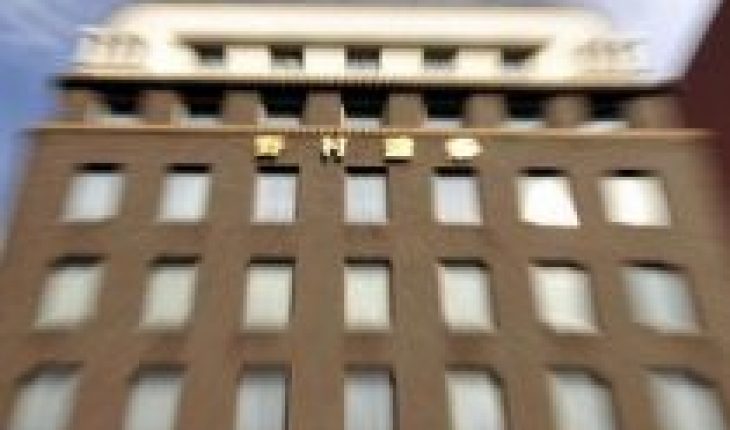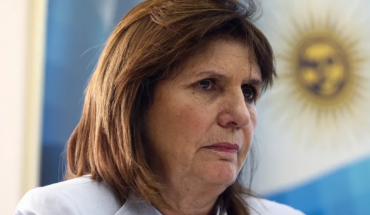
“The unexpected liquidation of Archegos will cause chills in the world’s stock markets,” said Dominic O’Connell, a BBC business correspondent.
What happened
Investment funds make money by buying and selling stocks and assets.
And this is what Archegos Capital did until last Friday, when he was unable to cope with the guarantees requested by his creditors.
The information available so far suggests that Archegos had invested large amounts in stocks and Swaps (another financial product) of some companies whose shares began to lose value.
The specialized press attributes it to a sharp drop in the share price of US media giant ViacomCBS last week.
So its funders (big banks such as Credit Suisse and Nomura) demanded that Archegos quickly raise more funds as collateral to cover investment risks, in what is known in English as margin call or margin adjustment.
This occurs when a bank asks a client to contribute more funds if a partly funded transaction with borrowed money starts to lose value sharply.
If the client fails to do so, the lender then goes on to sell the shares to try to recover what is owed to him; that is, it initiates a hasty sale of assets to detach from their positions.
And this is what happened on Friday, when Archegos was unable to provide guarantees and his creditors began to get rid of your assets.
Swiss bank Credit Suisse warned of losses from the collapse of Archegos.
The first to do so were the giants Goldman Sachs, Morgan Stanley and Deutsche Bank, anticipating Nomura and Credit Suisse, according to information from the Wall Street Journal.
Total asset liquidation would be between $20,000 and $30 billion, according to different press sources.
“No one has ever seen anything like this before,” a Wall Street bank executive told the newspaper The Financial Times (FT).
Questions to answer
One of the big questions that leaves what happened is “why banks like Credit Suisse and Nomura they chose to maintain an important business with this fund,” says O’Connell, the BBC’s business correspondent.
These banks offer their services as traders to clients such as Archegos by providing them with funds to buy shares and other assets while processing their trades.
The question of why they were involved with this fund arises because its creator, Bill Hwang, has a “problematic past,” the BBC journalist says.
In 2012, he became involved in the Tiger Asia Management investment fund scandal and pleaded guilty to using insider information to trade shares in Chinese banks, which ended in a millionaire agreement with regulators Americans for which he and the fund had to pay US$44 million, according to Cnbc.
“In theory, Hwang should have been in the Blacklist of all investment banks. But just 12 months after he had been forced to return money to investors, Hwang was back on the pitch,” he says Ft, creating this family fund with the name Archegos Capital Management which, by its nature, did not have to disclose almost financial information.
Following what happened, archegos released a statement at the last minute of this Monday.
“This is a difficult time for the family office of Archegos Capital Management, our partners and employees,” said Karen Kessler, the fund’s spokesperson.
The SEC and other regulatory agencies follow the case carefully.
Because of its potential repercussions, the collapse of Archegos Capital is being closely followed by regulators around the world, says British newspaper The Guardian.
The U.S. Securities and Exchange Commission (SEC) said it is “monitoring the situation and communicating with market participants since last week.”
But the case also leaves other questions beyond Archegos, as the finance editor of this British medium explains in an article last Monday:
“Are there other Archegos Capital Managements? I mean, are there other opaque investment firms making bets very concentrated, using large amounts of borrowed money, which can suddenly fall and inflict multimillion-dollar losses on some of the largest banks?”
This must now be being asked by the world’s regulatory authorities and large investment banks.





